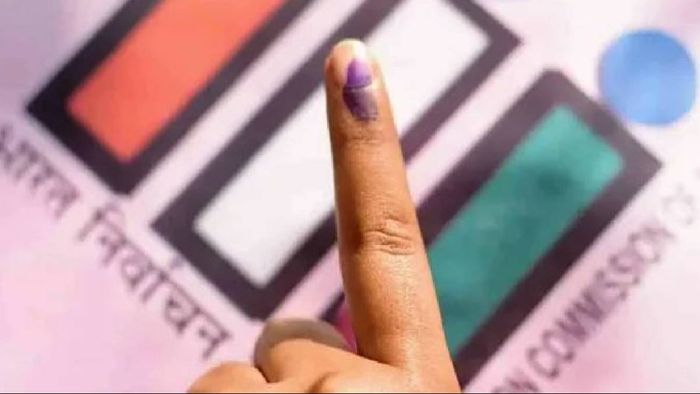First-time voters in Arunachal embrace responsibility beyond rights
Scheduled for April 19, the simultaneous voting for the two Lok Sabha constituencies and the 60-member Arunachal Pradesh Assembly marks a crucial juncture for these new entrants into the democratic process.

- Mar 30, 2024,
- Updated Mar 30, 2024, 4:13 PM IST
As the electoral buzz gains momentum in Arunachal Pradesh, a wave of conscientiousness sweeps through the ranks of first-time voters, highlighting a deeper understanding of their role beyond mere participation. With 46,144 fresh voices set to resonate in the upcoming elections, the sentiment of responsibility echoes loudly among the youth of the state.
Scheduled for April 19, the simultaneous voting for the two Lok Sabha constituencies and the 60-member Arunachal Pradesh Assembly marks a crucial juncture for these new entrants into the democratic process. Among them is Millo Sunyo, an eighteen-year-old from Ziro-Hapoli assembly constituency, who views voting not just as a right, but as a solemn responsibility in shaping a robust democratic foundation.
Sunyo's conviction reflects a broader sentiment shared by her peers, like Mingo Ete from Aalo in West Siang district. Ete emphasizes the importance of accountability, transparency, and accessibility in elected representatives, underlining the need for a vigilant electorate to steer the course of democracy.
With aspirations for a corruption-free political landscape and a focus on addressing pressing issues like unemployment, the youth of Arunachal Pradesh are poised to make informed choices. Gedo Kato and Chukhu Y, while expressing deference to familial influence in their voting decisions, also stress the importance of personal values and aspirations in selecting the right candidate.
However, Nani Bath, a professor of Political Science at Rajiv Gandhi University, suggests a nuanced perspective, noting a potential gap in political awareness among the youth. While acknowledging their engagement with parliamentary issues, Bath observes a tendency to follow familial or communal cues in assembly elections.